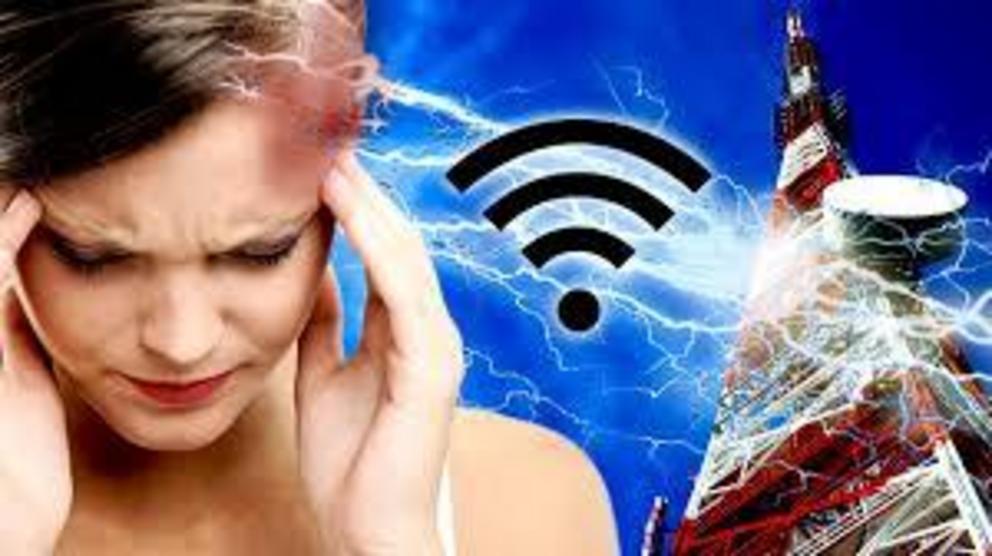Is Wi-Fi sickness a disability?
- California Appellate Court holds that it is under the Fair Employment and Housing Act (FEHA)
Is Wi-Fi sickness a disability? The California Court of Appeal just said it is in Brown v. Los Angeles Unified School District (2d Dist., Div. Eight), Case No. B294240. In a case that tests the limits of California’s liberal pleading standard, the appellate court green-lighted a claim of a woman who asserted a disability of “electromagnetic hypersensitivity,” or, as the concurring justice put it, “Wi-Fi sickness.”
The trial court had sustained a demurrer, granting judgment for the employer, a school district. The appellate court revived the plaintiff’s claim for failure to provide a reasonable accommodation.
The court acknowledged that it is likely the first to recognize Wi-Fi sickness as a disability under laws against discrimination. In fact, the court discussed contrary federal court authority, distinguishing those cases by concluding that the definition of “disability” in California’s Fair Employment and Housing Act is broader than in the Americans with Disabilities Act.
Apart from the holding that Wi-Fi sickness is a disability under FEHA, California employers should take note of the facts alleged about the failure to provide a reasonable accommodation.
After the school district installed a new Wi-Fi system, the plaintiff teacher complained of headaches and other symptoms caused by exposure to the electromagnetic waves. The school district initially tried to accommodate the teacher by turning off the Wi-Fi in her classroom and an adjacent one. The teacher said that her symptoms persisted and asked for additional accommodations. By that point, the school district’s consultant had reported that the Wi-Fi and radio frequencies at the school “evidenced a safe and non-hazardous working environment.” Based on that report, the school district did not grant any further accommodation, and the teacher sued.
Source: Lexology
SSMA notes that the California court’s decision was based on evidence of a physical disability rather than a verdict that EHS is a disability in itself. Australia is fortunate that its legislation, the Disability Discrimination Act 1992, provides a very broad definition of disability. It states that the definition of a disability includes the malfunction of a part of a person’s body, as well as a disorder that affects a person’s thought processes, perception of reality, emotions or judgment or which results in disturbed behaviour. It also includes a disability that presently exists, previously existed or may exist in the future. The Act specifically states that, “To avoid doubt, a disability that is otherwise covered by this definition includes behaviour that is a symptom or manifestation of the disability“.
For the rest of this article please go to source link below.

